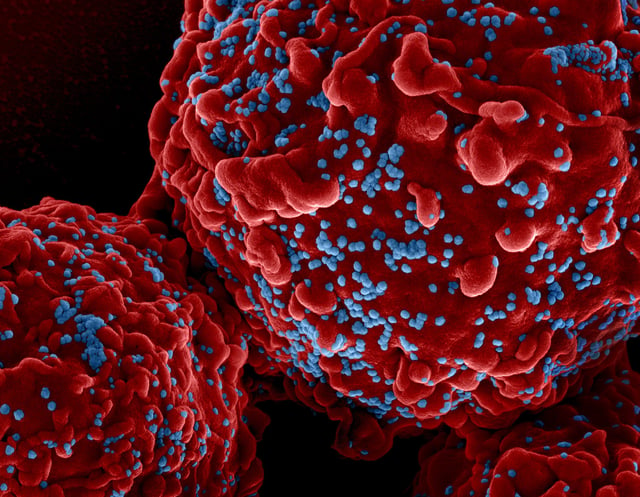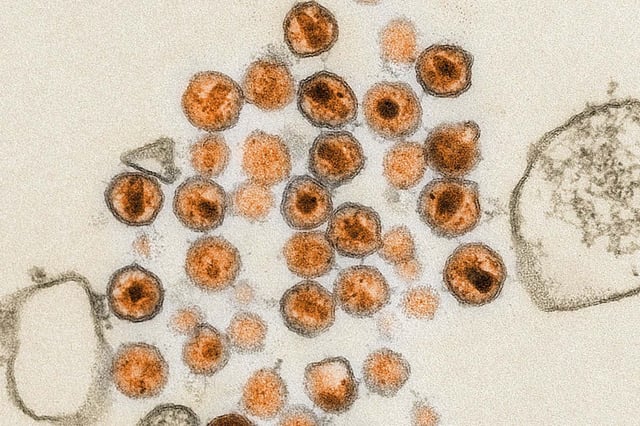Overview
- In a phase 1 trial of 108 volunteers, mRNA vaccines encoding cell-bound HIV envelope trimers induced neutralizing antibodies in 80% of participants compared with 4% for free-floating trimer constructs.
- Seven participants developed hives, with several cases of urticaria persisting for months and marking an unexpected safety concern exclusive to mRNA-delivered HIV proteins.
- The open-label study administered three doses over six months to evaluate both cell-bound and free-floating envelope trimer formats for immunogenicity and tolerability.
- mRNA technology offers the potential for a single-injection HIV vaccine that encodes and releases multiple immunogens in sequence, aiming to streamline complex booster regimens.
- Despite these promising immune responses, experts caution that further design refinements are needed and that a fully licensed HIV vaccine remains years away.



